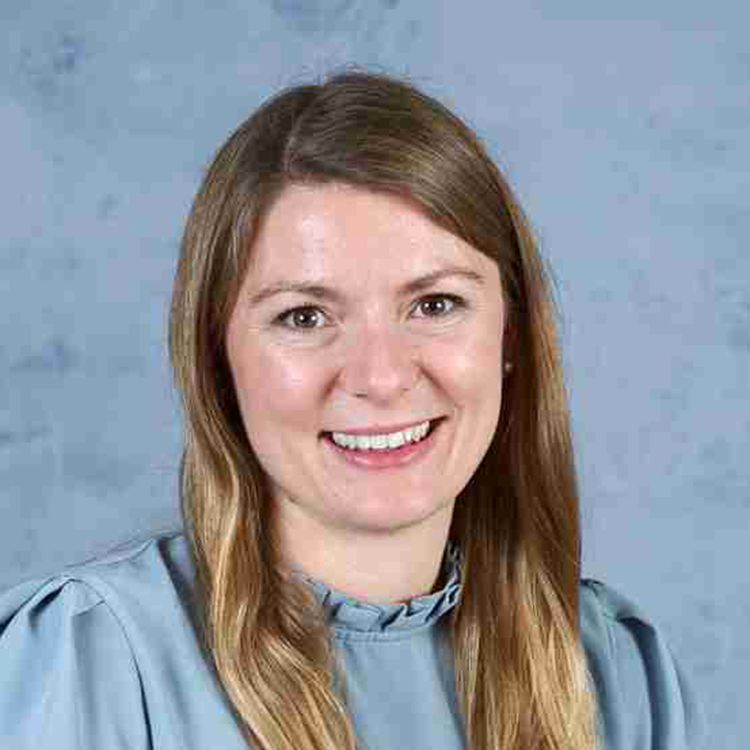Search
Research
Signal-correction errors in the EasyOne Pro LAB multiple-breath washout device significantly impact outcomes in children and adultsMultiple-breath washout (MBW) is an established technique to assess functional residual capacity (FRC) and ventilation inhomogeneity in the lung. Indirect calculation of nitrogen concentration requires accurate measurement of gas concentrations.
Research
Developing type 1 diabetes resources: a qualitative study to identify resources needed to upskill and support community sport coachesCommunity sport coaches in Western Australia lack an understanding, the confidence, and knowledge in supporting young people with Type 1 diabetes (T1D). This study aims to identify what T1D educational resources are required to upskill coaches in Western Australia.
Research
Unravelling the respiratory health path across the lifespan for survivors of preterm birthMany survivors of preterm birth will have abnormal lung development, reduced peak lung function and, potentially, an increased rate of physiological lung function decline, each of which places them at increased risk of chronic obstructive pulmonary disease across the lifespan.
Research
Performance Accuracy of Wrist-Worn Oximetry and Its Automated Output Parameters for Screening Obstructive Sleep Apnea in ChildrenObstructive sleep apnea (OSA) increases the risk of perioperative adverse events in children. While polysomnography remains the reference standard for OSA diagnosis, oximetry is a valuable screening tool. The traditional practice is the manual analysis of desaturation clusters derived from a tabletop device using the McGill oximetry score. However, automated analysis of wearable oximetry data can be an alternative. This study investigated the accuracy of wrist-worn oximetry with automated analysis as a preoperative OSA screening tool.

Research
Lung function in African infants: A pilot studyInfant lung function (ILF) testing may provide useful information about lung growth and susceptibility to respiratory disease.
Research
The safety and feasibility of the inhaled mannitol challenge test in young childrenMannitol challenge tests are used clinically to diagnose asthma and, in particular, exercise-induced broncoconstriction (EIB) in adults and children above 6...
Research
Respiratory impedance and bronchodilator responsiveness in healthy children aged 2-13 yearsThere is limited information on changes in FOT outcomes in healthy children beyond the preschool years and the level of bronchodilator responsiveness (BDR)...
Research
Emerging Early Life Environmental Exposures and Lung DevelopmentIn this review article we systematically summarize the evidence for an impact on lung development of 1) maternal ingestion of arsenic contaminated drinking...
Research
Evaluating hypoxia during air travel in healthy infantsUp to a third of ex-preterm infants flying near term exhibit pulse oxygen saturation (SpO2) of less than 85% during air travel.
